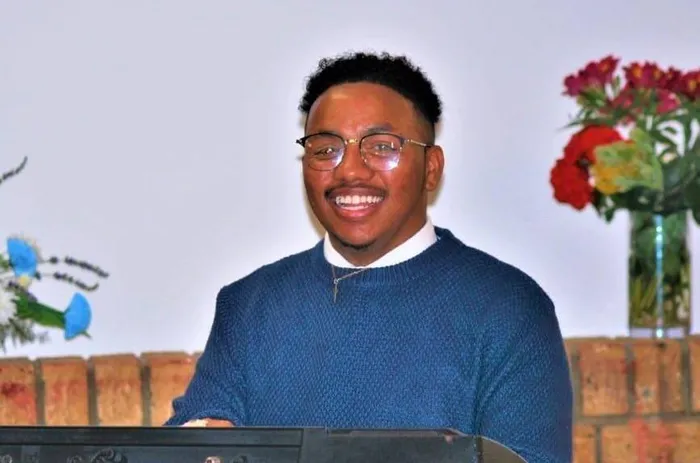Stellenbosch University responds to meningitis death with contact tracing and health protocols

Stellenbosch University said that contact tracing of people who were in close contact with Chris Scheffers, pictured, who died of meningococcal meningitis, is underway.
Image: Facebook
Stellenbosch University said that contact tracing of people who were in close contact with a student who died of meningococcal meningitis is underway.
Mr Chris Scheffers, a theology second-year student, was found dead at his Dagbreek residence on Saturday, August 2.
People who were in close contact with him over the past ten days will be given chemoprophylaxis, a preventative medication, to reduce the risk of infection, the university said in a statement.
“As this strain of meningitis can spread in close-contact environments and is considered serious, the protocols of the University's Campus Health Services have been activated - guided by provincial and national health policies,” the statement read.
As a precautionary measure, all general meetings and gatherings at the Dagbreek residence have been postponed until the weekend.
Western Cape police spokesperson Captain FC van Wyk confirmed that Mr Scheffers was found lying on his back on his bed, already deceased.
“On arrival, (police) were escorted by security personnel to a room on the second floor, where they found the body of an unknown male lying on his back on the bed. All his personal property remained in place, untouched,” he said.
Meningitis is endemic to the Western Cape, where it circulates more commonly during the winter months. Most cases occur without an identifiable source of contact.
According to the university’s Campus Health, the bacterial infection initially presents itself with flu-like symptoms - headaches, muscle pains, joint pains and photophobia (eye sensitivity to light) – which then become steadily worse: high fever, severe headache, neck stiffness, vomiting, diarrhoea or stomach pains, painful joints, cold hands and feet, seizures; and/or drowsiness that can deteriorate into a coma.
“Although no further confirmed cases have been reported, the university will continue to monitor the situation and contact very closely over the next few days. If there are any concerning symptoms experienced by close contacts after receiving their chemoprophylaxis, they are advised to seek medical assessment urgently,” the university said in a statement.
Per protocol, identified close contacts are encouraged to only attend lectures if they show no symptoms, and wear masks in lectures and avoid gatherings (for example, singing in groups) and not take part in contact sports.
For more information, call the Campus Health Service at 021 808 3493/6 (office hours) and ER24 on 010 205 3032 after hours. Students in need of counselling are encouraged to contact the University's 24-hour Crisis Service on 010 205 3032, after hours, and during office hours: 021 808 4994.